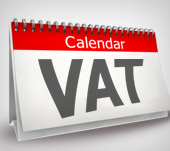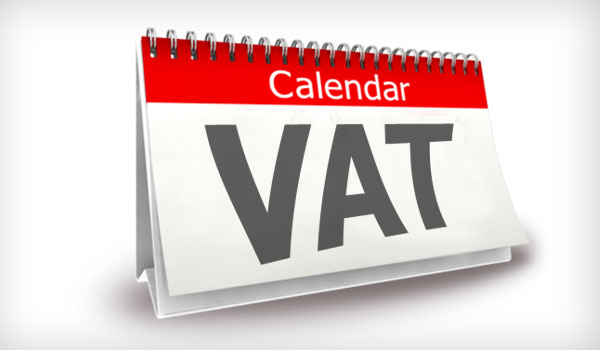 From 1 April 2014 sections 16(3)(a)(iii) and 16(3)(b)(ii) of the VAT Act have been amended. Import VAT can now only be claimed in or after (up to 5 years) the tax period when the import VAT have been paid to Customs.
From 1 April 2014 sections 16(3)(a)(iii) and 16(3)(b)(ii) of the VAT Act have been amended. Import VAT can now only be claimed in or after (up to 5 years) the tax period when the import VAT have been paid to Customs.
In practice this means that vendors who uses the services of a clearing agent that only pays the import VAT to Customs in the next tax period via a deferment scheme, may only claim the import VAT during the tax period in which the clearing agent physically pays the VAT over to Customs.
For purposes of deducting the VAT paid on the importation of goods, the vendor making the deduction must be in possession of the following documentation:
- An “EDI Customs Status 1 Release Message” – very important as if this is not provided to SARS they deem the goods not released.
- A valid bill of entry or other document prescribed by the Customs and Excise Act (for example, form SAD 500 and/or any additional SAD document that might be required).
- The receipt number for the payment of such tax, that is the receipt issued on e-Filing.
In respect of goods imported on or after 1 April 2015 by an agent acting on behalf of the vendor, where the bill of entry or such other document prescribed by the Customs and Excise Act is held by the agent, the agent must furnish the vendor with a statement within 21 days of the end of the calendar month during which the goods were imported. The statement must contain the following particulars:
- The full and proper description of the goods
- The quantity or volume of the goods
- The value of the goods
- The amount of tax paid and the receipt relating to the payment of such tax
The vendor must be in possession of the aforementioned statement at the time the VAT return containing the input tax claim is submitted. Furthermore, in addition to furnishing the statement, the agent must maintain sufficient records to enable the name, the address and VAT registration number of the vendor to be ascertained.
Importing VAT vendors should regularly liaise with their clearing agents to ensure that the import documentation, invoice and payment of the import VAT (by the vendor to the clearing agent and by the agent to SARS) falls within the same VAT period in which the taxpayer wishes to claim the input deduction. Failing this the input deduction will only be able to be claimed in the following VAT period. This may cause significant cash flow issues if the VAT input claim is large.
It is important to note that a SARS verification or audit resulting in add backs of input claims (where a claim was made before the clearing agent paid the VAT over to SARS) can also result in penalties and interest being levied.
If you have any enquiries, please contact Petri Westraadt at pwestraadt@fhbc.co.za

